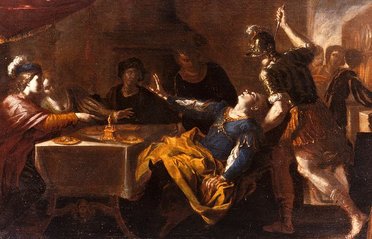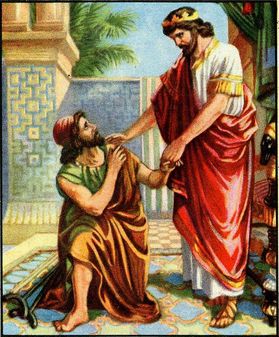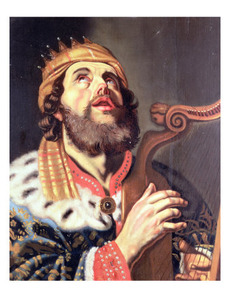David the King: The Tragedies of David
The family unit is perhaps the most frequently recurring motif in the Torah. From the first story of Genesis to the most recent supplementary texts of the Mishnah, everything comes down to fathers, mothers, sisters and brothers. At every turn, the greatest joys are those that focus on the simple triumphs of kin while the darkest tragedies are stories of when families fall apart. For King David, the loss of his crown or his country would not hurt as much as the systematic destruction of his family. Following his sin with Bath-Sheba, his punishments all revolve around losses within his own house.



